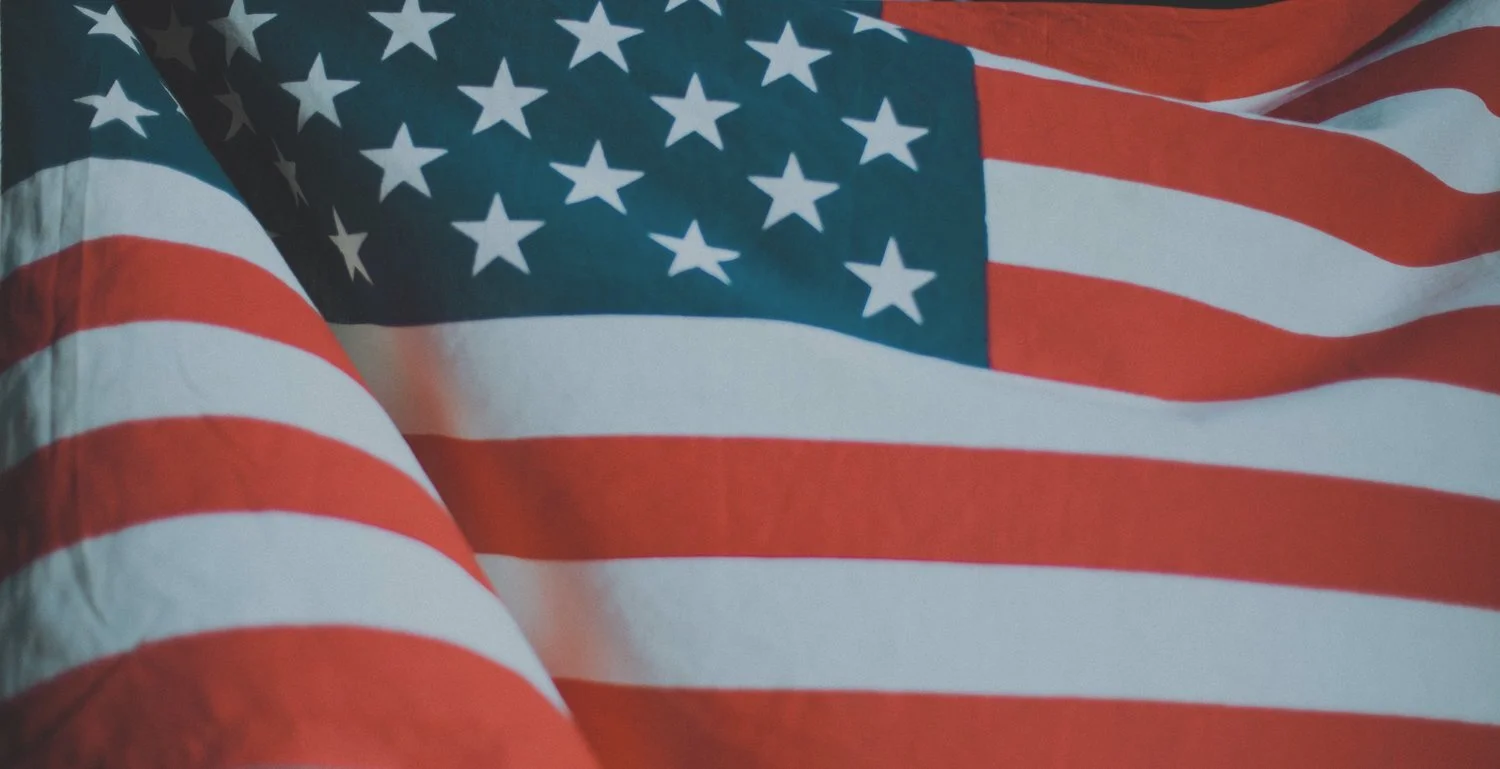Since COVID-19 hit back in 2019, the class of 2021 thought we were safe from getting any senior activities taken away from us. Well, we, unfortunately, thought wrong.
Peace Within the Classroom
Author : Dominic Wright
Within my high school it always seemed as if our teachers only noticed the person who reacted to the initial disruptive student and not the person who first made contact. Is it that they never once noticed the initial act as well? Not exactly. In all fairness, teachers are unable to see everything. Nevertheless, there have been instances in which the initial disruption had been noticed but not acknowledged in the punishment of the participants. The most basic example of this being, if two students begin to bicker in class and the teacher simply quiets the “victim” instead of the “suspect”. Should the initial crime be committed a second time, there’s a high possibility our victim will not react in a negative way so as to avoid the possibility of a second scolding.
Although I find it ineffective as students tend to get the wrong idea, situations like these can be a way to teach social problem solving within the classroom. These skills that we need, not only in our classrooms but in our general everyday lives, can be developed, sharpened and used as a way to anticipate obstacles before they even occur. Social problem solvers are the peacemakers of the world. The ability to actively listen, clearly communicate and willingly compromise makes life for peacemakers a joyous one; they often think ahead and tend to be altruistic or selfless in their actions.. For example: If a fellow classmate accuses you of an injustice but you feel insulted/hurt by their claims, perhaps recite the lines of your favorite song quietly to yourself or count to ten silently until you’ve calmed down and are ready to address the situation. This sense of awareness and altruism can radiate to others, creating internal peace in addition to the already external peace created. The social problem skills, namely: impulse control, active listening, clear communication and compromise/constructive creativity, are just a few of the many we have at our disposal, there to help us all be advocates of peace..
Anyone in the world can be an active problem solver, simply by displaying traits that are similar to empathy. This person could be a close relative, adviser or someone famous. That being said, do you know anyone in your life who could be seen as a very good social problem solver?
Pay It Forward
The Great John Lewis
Freedom and Equality, Where Are You?
The Importance of Sharing Your Story
Rethinking the Fourth of July
A Response to George Floyd's Death
Fall Forward
Fighting with Family: What You Can Do to Defuse the Situation
Everyone can relate to fighting with family. This pandemic has most likely heightened the possibility of conflict as families are spending an unprecedented amount of time together. Whether it’s disagreeing with a sibling, parent, or grandparent, there are steps you can take to reduce the tension on your end.
















